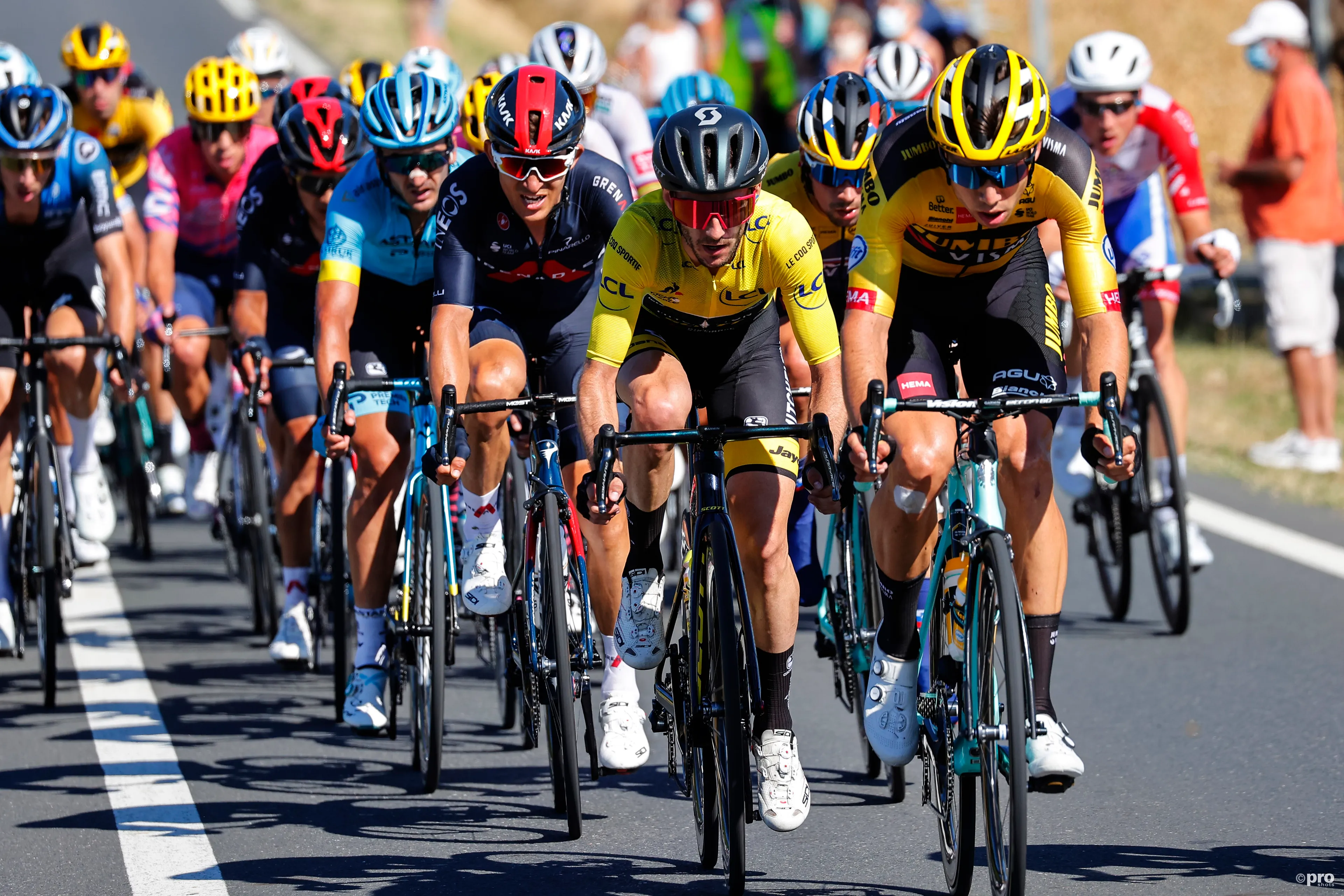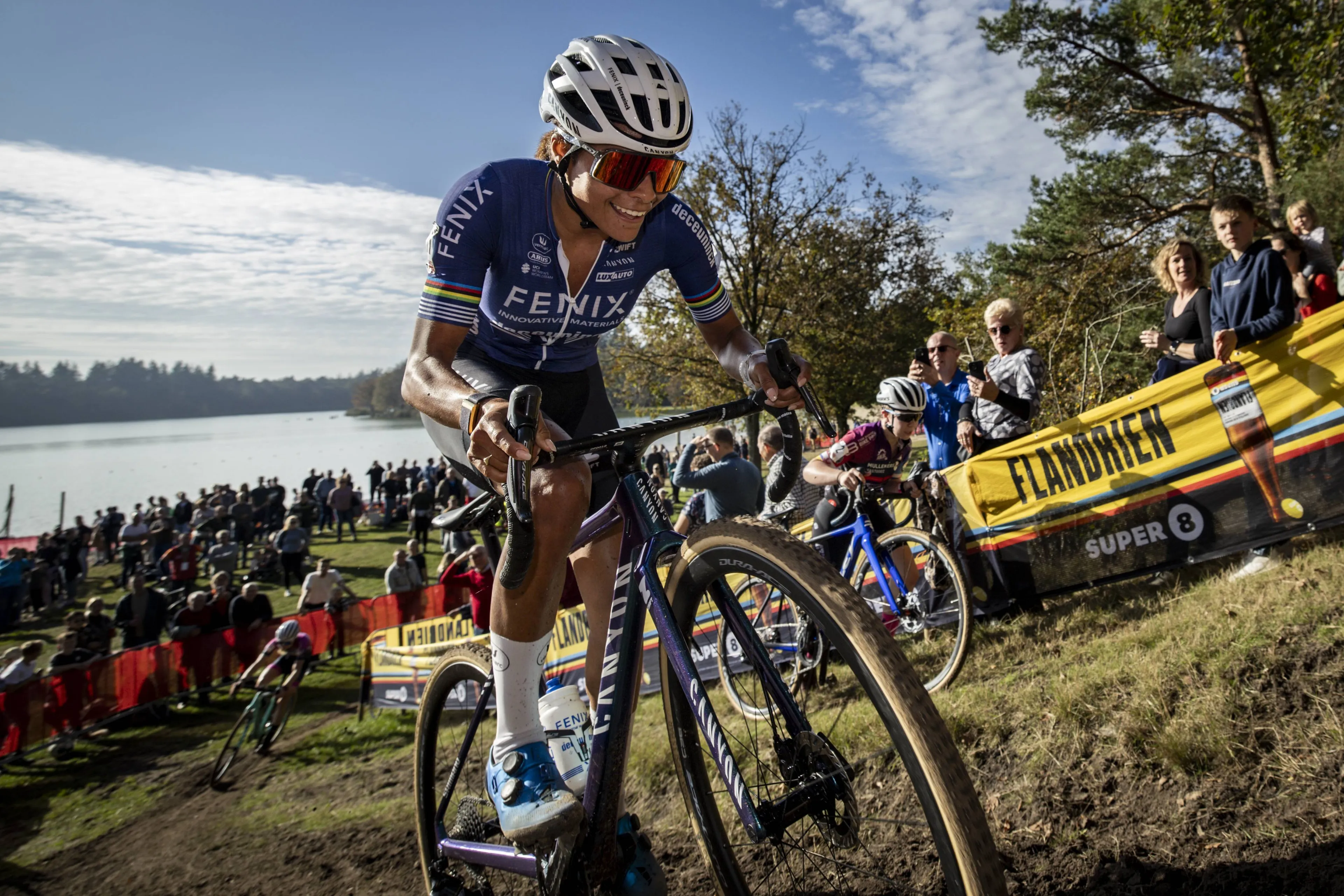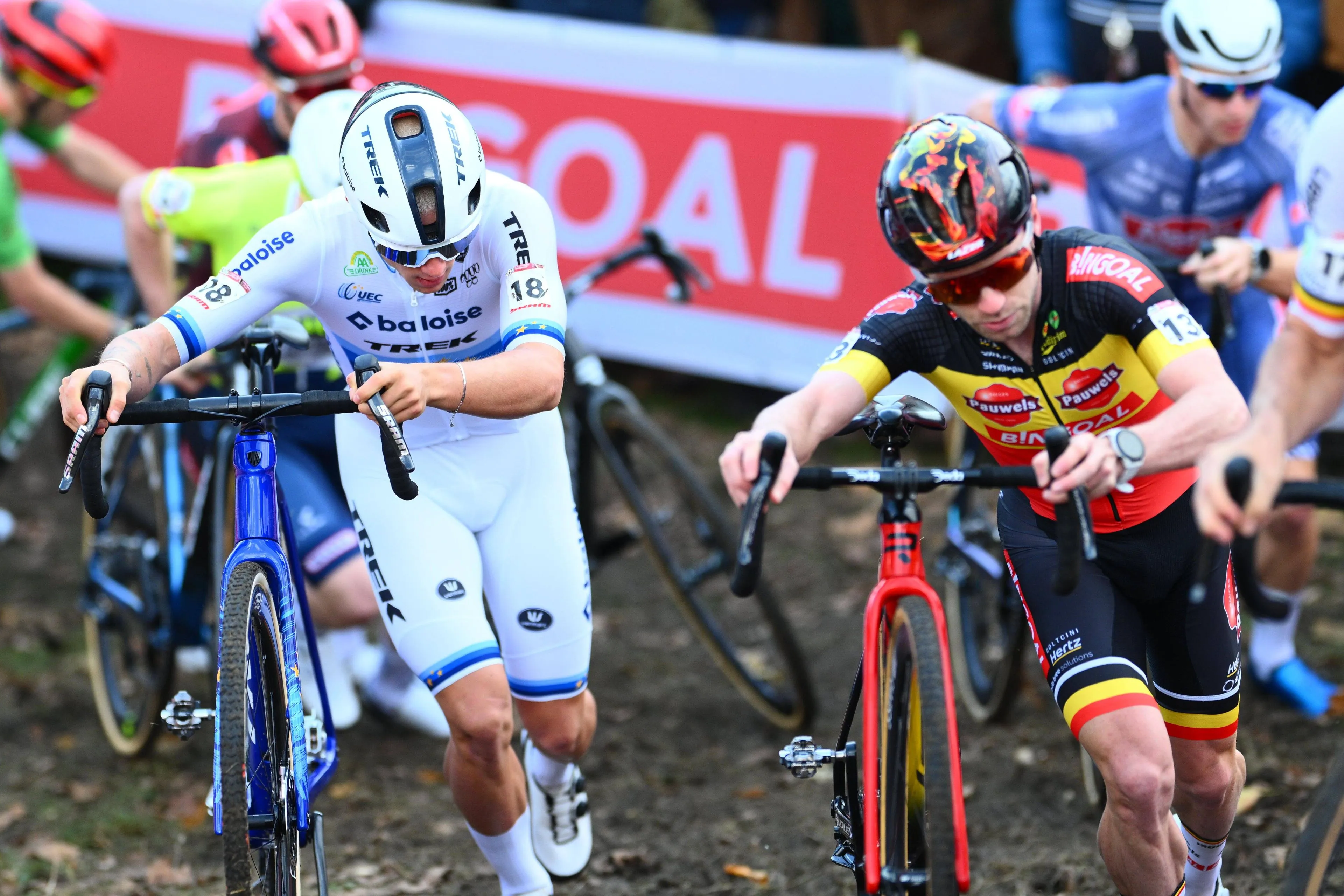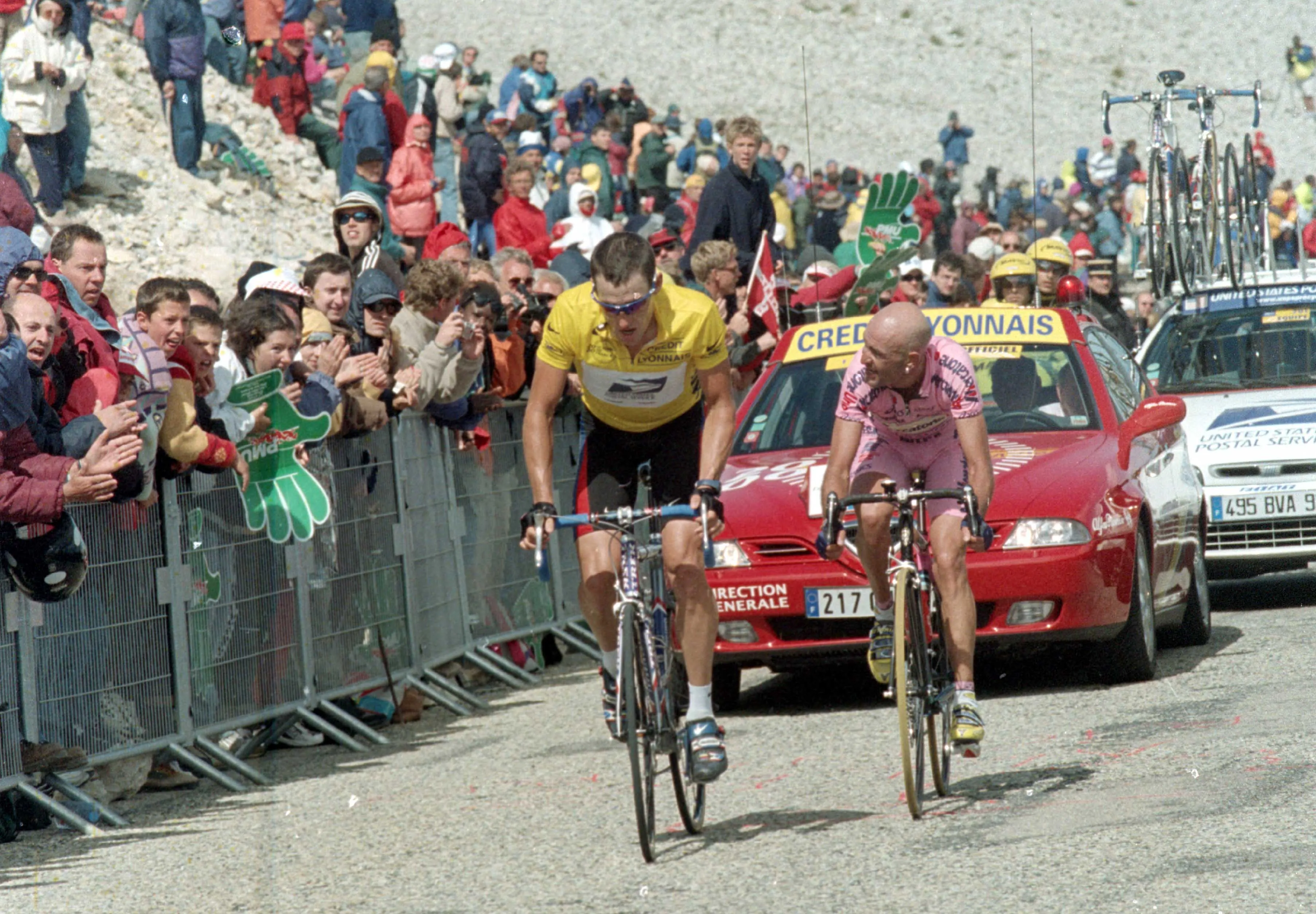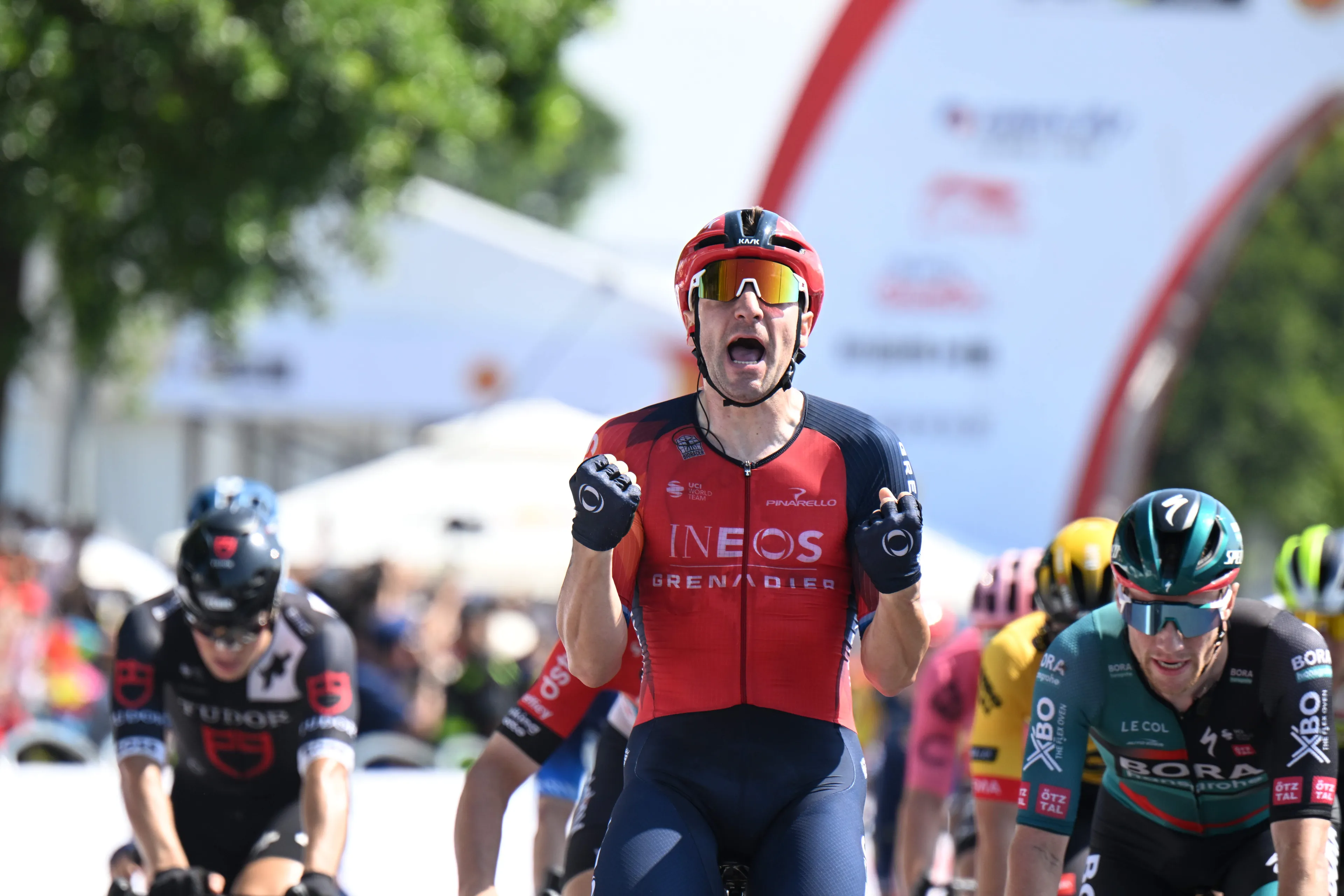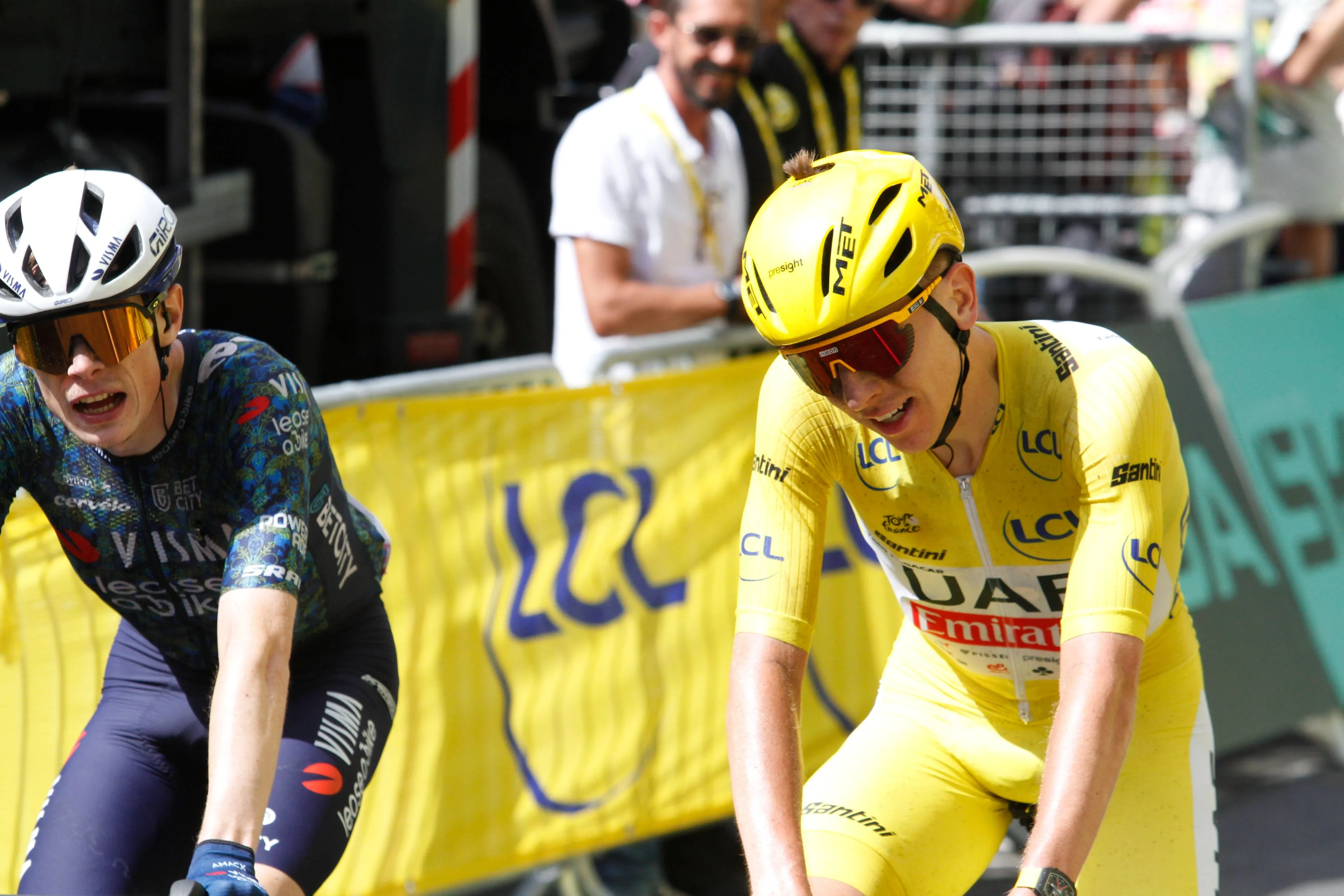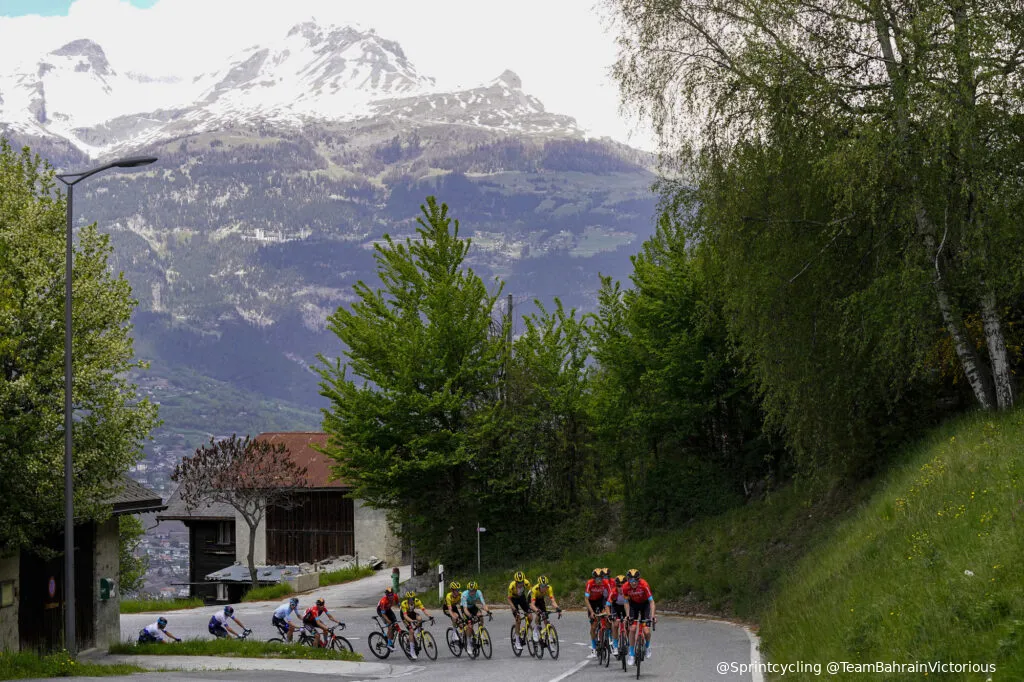
Advertorial: Whether you’re new to cycling or just new to betting on the sport, the world of cycling is a fascinating realm. It’s all about grit, determination, and, most importantly, stamina. There are time trials that are the traditional distances of 5 km to 40 km, like running races, and then there are single-day and multi-day races that span hundreds of kilometers.
While riders typically compete individually, it might surprise you to learn that there are team dynamics at play as well. Cycling events, such as the team sprint or team pursuit at the Olympics, insert a collaborative element into the sport, just like doubles matches in tennis or relay races in swimming. And that dynamic, in turn, shapes the way the sport is presented in betting.
Maybe you like to try your luck on all the sports available on your favorite betting app, or perhaps you’ve recently adopted cycling as a new hobby—whichever category you fall into, there’s no time like the present to start betting on some exciting cycling events.
What Types of Cycling Bets Exist?
The most common and often the only bet you can place on most cycling events is on the ante-post winner. As there aren’t bet types like goals scored or point spreads like in football or soccer, it often just comes down to who wins the race. ‘Ante-post’ is a term typically seen in sports involving a race—horse racing, cycling, F1 racing, and so on. It refers to betting on the outcome of the event before it even begins.
Other than the ante-post or outright winner, there might also be the opportunity to bet on stage winners (the cyclist who wins each individual stage), on points classification (King of the Mountains: which cyclist earns the most points), or on whoever gets awarded Best Climber or another classification.
Chances are you’ve probably heard of the world’s most famous cycling event: the Tour de France. After all, it has existed since 1903 and gained notoriety as a highly demanding three-week cycling event. Each cyclist covers 2,200 miles of challenging mountain stages and flat and rolling stages, all whilst being part of a broader team. It’s such a great test of athleticism that you’ll see questions all over Google asking whether participants sleep, how they use the bathroom, and what they eat.
Why do we mention this? Because big events such as this one often come with some exciting specials, depending on the betting platform. For example, BetMGM has bets on how many individual stages certain cyclists will win and whether a rider from a particular country will win at least one stage.
What to Consider When Betting on Cycling Events
Novice cycling gamblers usually approach their wagers similarly to how online gamblers would seek out low deposit casinos to play with smaller amounts. Especially if you aren’t overly familiar with the athletes that compete in these events, it’s recommended to start slow instead of biting more off than you can chew.
Just like you wouldn’t place a $100 bet on a random player hitting a hole-in-one during the PGA tour if you’re not a golf fan, you probably wouldn’t place hundreds on cyclist Christophe Laporte to win a stage if you have no idea who he is.
Although gambling is quite literally a gamble, there are a lot of considerations that can refine your strategy and make your bets well-informed. A useful place to begin is looking at the rider’s past and current performance. Are they consistent? Or do they do better in certain conditions or terrain types? Particularly with major events, you can research the route profile, which will tell you whether there are any big climbs to tackle or more flat sections. That way, if the cyclist you’re thinking of betting on hasn’t been historically great with hill cycling, you might want to reconsider.
There’s also the health aspect of sports—a quick Google search may tell you if a rider is dealing with an injury or recovering from an illness. If they happen to be in any of these states, they might not be able to perform at their best and might not live up to the expectations of their odds.
As mentioned earlier, there can also be team dynamics at play that affect the performance of your chosen cycler and, consequently, the race outcome. It’s worth brushing up on your knowledge of team tactics and how teams operate in general by investigating past race performances with this context in mind.
Researching and Analyzing Cycling Events - Tools and Resources
The more you know about a sport, its constituents, and its players, the more effective your bets will become. Luckily, there are plenty of tools and resources you can use to learn and stay updated with the latest news.
The most obvious places to look include YouTube channels and cycling podcasts, which will give you recent analysis and discussion on current cycling events. These forms of media might feature interviews with coaches, riders, and analysts or even a detailed look into certain performances. Similarly, cycling magazines and news websites often boast a wide range of informative articles that provide insights on team dynamics and recaps.
Want to go deeper into the cycling trenches? Race archives reveal the information you need to analyze past performances, course layouts, trends, and patterns that could completely transform your betting strategy. Meanwhile, complementary statistical analysis tools can take your plan of action a step further, providing charts and graphs that display those correlations and trends.
And you don’t have to do this alone either. Betting communities allow you to engage with fellow cycling enthusiasts and discuss race predictions and exciting bets you feel confident about. It’s a fantastic way to broaden your horizons and find potential in bets you hadn’t thought
Just in
Popular news
Latest comments
- No, it didn't. It has been debunked by the team that there was anything wrong with his feeding. Pogacar went too early and paid the price.maaiikeen31-12-2024
- Strong team around Jonas and pray each day that Tadej forgets to eat in the decisive stages (col du Granon). It also happened this year, stage 11 when Jonas won the sprint (incredible! Tadej was empty).
 maria2024202430-12-2024
maria2024202430-12-2024 - Not quite yet I’d say but she could reach and surpass. You probably forgot Vos’ 2 track WC titles that outweigh the total and it has to be said more of PFPs MTB titles are a bit far fetched than Vos but yes they are comparable. It’s strange that with her consistent participation in xc she’s never ever managed to win even one race, Marie Schreiber can at least retire with that achievement ;-)Mistermaumau30-12-2024
- He may be known as “The goat” but I can’t realistically consider him a top ten candidate taking together all forms of cycling. Vos had 28 UCI WC wins, Absalon 33, Schurter 34, MVDP 41 and counting. As far as world championships they are all ahead too Longo, MVDP, PFP, Merckx, de Vlaeminck, TP and at least a half dozen others from long ago are surely higher up, or what criteria are you privileging other than a nickname?Mistermaumau30-12-2024
- and yeah, i’m a ridiculous blowhard for writing THAT MUCH. seriously, f me…OCexile30-12-2024
- this has diverged from being a per se cycling discussion, but that’s cool with me. so i live in the united states. for background, i grew up in southern california, educated at UC Irvine and UC Berkeley, and except for chunks of a 22 year Navy career i’ve lived here most of my life. there are things about this country, the way its social, political, and economic institutions function that IN MY OPINION fail considerably in comparison to other developed democracies. BUT, one thing that i think the US does excel in is that we have an extraordinarily high level of freedom of speech. now, that certainly opens the door for the alex joneses of the world to weaponize/monetize speech in utterly disgusting ways that do actual damage. it also gives freedom to politicians to say that the press is corrupt and should be jailed, like in russia, iran, or venezuela. these are DANGEROUS uses of freedom of speech. but as much as that freedom may imperil the well being of individuals and ideas — like the idea of liberty itself — it’s that freedom that has, over time, marked the SLOW movement toward greater equality and well being. this extreme level of free speech is certainly the primary fundamental right in the united states that has functioned, over time, to actively drive social progress. i mean, quack quack quack, right? the kind of speech that MOST needs protection is UNPOPULAR SPEECH. we KNOW this. but if you can only engage in unpopular speech IN PRIVATE, as you suggested, and be BARRED from a public platform to share those unpopular ideas, then your freedom to speak means very little and the whole project of social change and social progress grinds to a halt. “YES, you can talk about all races being equal to your friends, but you can’t publish any articles making that argument.” “YES, you can say that homosexuality isn’t a dangerous perversion that must be legislated against so long as you ONLY say it to your friends, but you can’t say it on a radio show.” so the problem is, if there’s going to be prior restraint of speech, the only person I’M gonna trust to decide who can say what before they say it is ME. if somebody wants to let me and my friends make all those decisions, then i’m IN. i’d expect a little pushback on that idea though. alex jones would probably like that job, too. lance would love that kind of power i bet. sooooo…. maybe it’s better to just leave things like they are. it’s ugly and messy and people get hurt, but once you SURRENDER that nearly unlimited freedom you’ll never get it back. and yes, society has drawn lines: still can’t threaten to blow up a mosque or share child pornography, etc. — that’s a pretty good idea. but erring on the side of freedom rather than censorship has been critical in preserving valuable free speech rather than seeing it slowly winnowed and legislated away. so yeah, there WILL be another alex jones, neonazis get to deny the holocaust, and lance gets to talk about cycling all he wants. and if you don’t like the source or the content then YOU are free to rail against it, or just not listen. as always, totally appreciate and respect YOUR perspective, brother. and i do get where you’re coming from. there are individuals in the US who have (or are about to have) the biggest platform there is who say things that drive me mad because i find them so dangerous and misleading, but the american version of democracy, with all its notable failings, has survived by preserving freedom of speech in the face of these types, not by limiting it.OCexile30-12-2024
- There is a cyclist, recently retired who raced as a Junior in 1997, and is known as 'The Goat'. Downhill legend, Greg Minnaar......wipperman9530-12-2024
- The road bias of this site shows up as PFP isn't mentioned - who is as successful as Vos, and from memory has more World titles.wipperman9530-12-2024
- his wife was surprisingly accurateabstractengineer30-12-2024
- Its the wrong thing to do the Vuelta after getting exhausted in the TDF. This is going to reduce his career potentialabstractengineer30-12-2024
